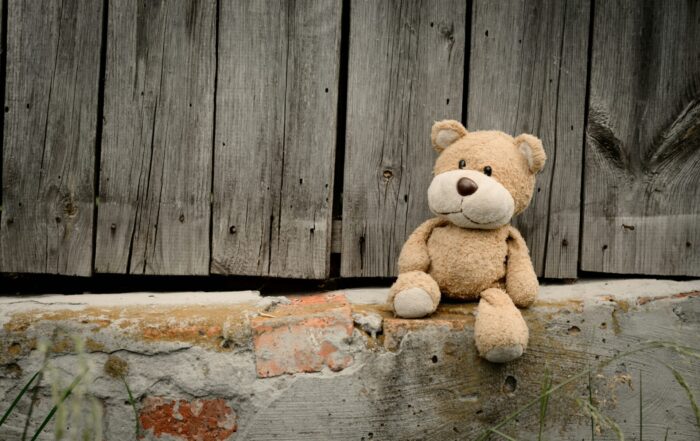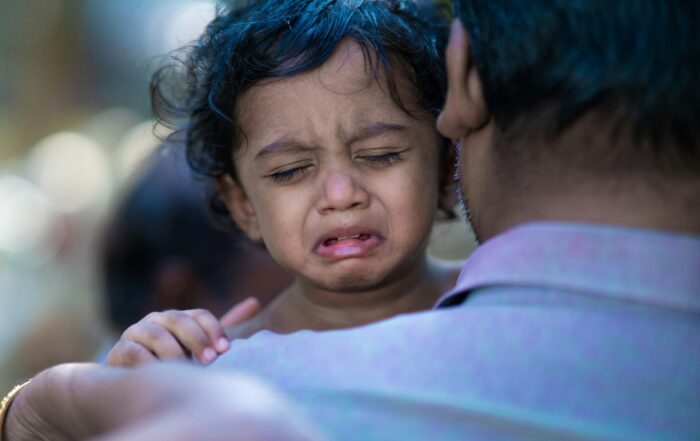
Mindfulness is a meditation practice that helps you calm down. It starts with focusing on your breathing. It helps you stay in the present instead of worrying about the past or future. There are many benefits of mindfulness for teenagers, and even young kids. It can be especially helpful for those who are easily upset or impulsive, including kids with ADHD, depression, anxiety or autism. Scientific studies have proven that mindfulness works.
Mindfulness is a great skill for kids to learn. It helps them face daily challenges. The idea is that when they pay attention to breathing out and breathing in, they start to feel calm inside. Then they can learn to notice their feelings, even upsetting ones. This gives them time to decide what they want to do about the upsetting feeling, rather than reacting immediately.
Share This Post!
The Power of Mindfulness
By Juliann Garey Mindfulness is a meditation practice that helps you calm down. It starts with focusing on your breathing. It helps you stay in the present instead of worrying about the [...]
Adverse Childhood Experiences
By CDC ACEs are common. About 64% of adults in the United States reported they had experienced at least one type of ACE before age 18. Nearly one in six (17.3%) [...]
It Happened Here: Dr. Margaret Morgan Lawrence
By NYP History Every time she was turned away, Dr. Margaret Morgan Lawrence, whose career began at NewYork-Presbyterian in the 1940s, found a new opportunity to succeed, eventually becoming the first [...]
The Impact of Childhood Trauma on Developing Bipolar Disorder
By Yann Quidé, Leonardo Tozzi, Mark Corcoran, Dara M Cannon, Maria R Dauvermann Childhood trauma (CT) has been repeatedly linked to earlier onset and greater severity of bipolar disorder (BD) in adulthood. However, such knowledge [...]
Protecting Children from Sexual Abuse in the #MeToo Era
By Nickolas Agathis, MD Do you keep up with any modern social movements, such as #MeToo, #BlackLivesMatter or #KeepFamiliesTogether? The conversations surrounding them are still grabbing widespread attention through social media [...]
Immigrant Health is Interpersonal
By Amanda Venta, PhD Waves of Latinx immigration to the United States have changed in recent decades, and our scientific literature is only beginning to catch up. Regional violence and unrest [...]







